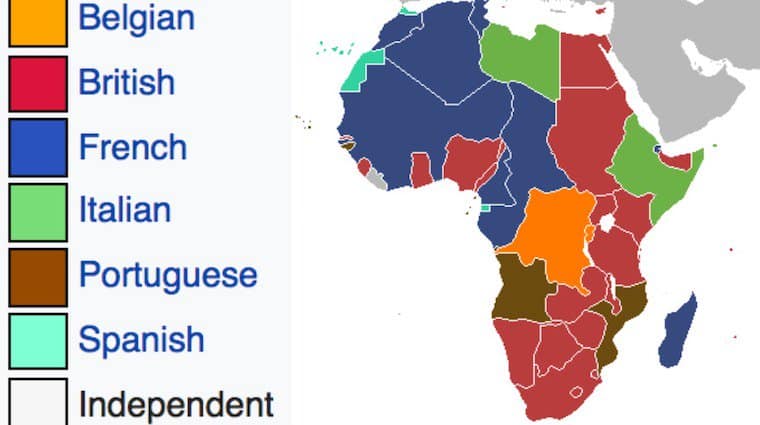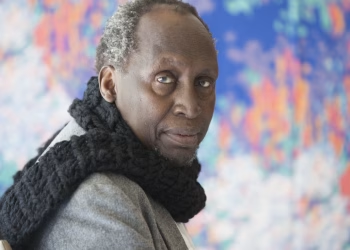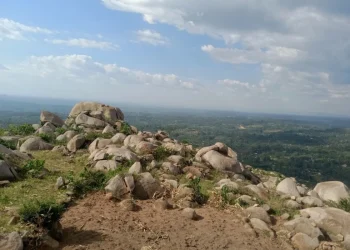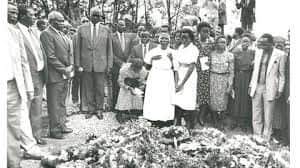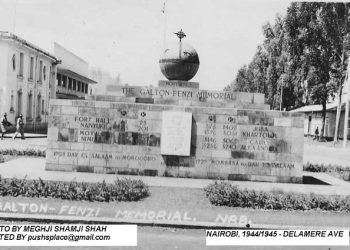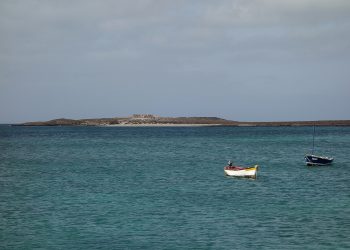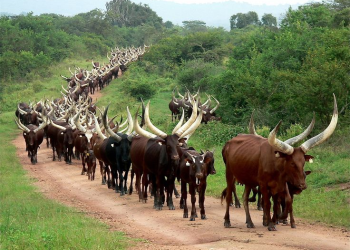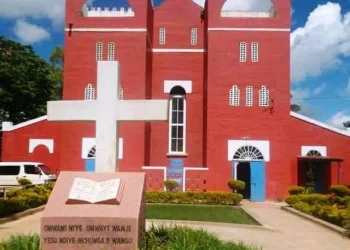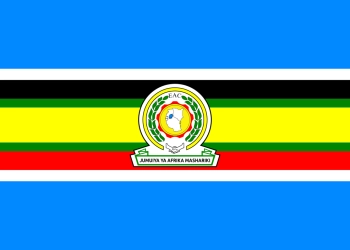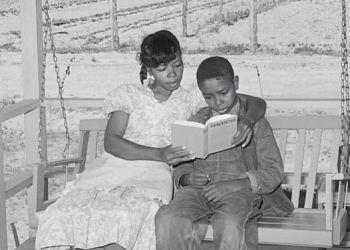In 1884–1885, at the infamous Berlin Conference, fourteen European powers—Britain, France, Germany, Portugal, Spain, Italy, Belgium, and others—sat around a table in Berlin and divided Africa like a pie. Not a single African was invited. With pens and maps, they drew lines that split tribes, families, and kingdoms, creating nations that existed only on paper, not in spirit. Those borders, born out of greed and ignorance, still define Africa today.
More than a century later, the continent counts 54 presidents, over six decades of independence, and endless African Union summits, yet those colonial boundaries remain largely untouched. The haunting question lingers: How could 14 Europeans redraw Africa in less than a year, but 54 African leaders cannot reform it in more than 60 years?
The legacy of the Berlin Conference
The Berlin Conference was never about Africa’s unity or progress—it was about control and exploitation. Europeans sought to avoid war among themselves while maximizing access to Africa’s land, minerals, and labor. The result was a map designed for division, not cohesion.
Those arbitrary lines cut across ethnic groups like the Maasai, Yoruba, Somali, and Shona. Entire kingdoms were split into colonies, and enemies were forced to coexist under one flag. The consequences have endured through generations: border conflicts, xenophobia, and visa restrictions between people who share the same ancestors.
Every African border post is a scar—a physical reminder that Africa’s unity remains hostage to a colonial design.
The unfinished business of independence
When African nations gained independence in the 1950s and 1960s, their leaders inherited the Berlin map. The Organization of African Unity (OAU), formed in 1963, made a controversial choice: to maintain colonial borders to avoid post-independence chaos. The intention was stability, but the cost was high—unity deferred indefinitely.
Despite rhetoric about Pan-Africanism, the continent remains divided by paperwork and politics. Africans still queue for visas to visit their neighbors, and trade between African countries remains minimal compared to trade with former colonial powers. True liberation never came because mental and territorial boundaries remained intact.
The new generation of border reformers
A new generation of African leaders, however, is challenging the colonial map and calling for a borderless Africa.
🇰🇪 President William Ruto of Kenya has championed visa-free travel across Africa, arguing that “no African should need a visa to visit another African country.” His message is simple yet radical: unity through mobility.
🇧🇼 President Mokgweetsi Masisi of Botswana and 🇿🇼 President Emmerson Mnangagwa of Zimbabwe have gone a step further, announcing that citizens of both nations can travel freely without passports. Their agreement is a model for regional integration rooted in trust and kinship rather than bureaucracy.
In the Sahel, 🇲🇱 Colonel Assimi Goïta (Mali), 🇧🇫 Captain Ibrahim Traoré (Burkina Faso), and 🇳🇪 General Abdourahmane Tiani (Niger) have forged the Alliance of Sahel States (AES) — a political and security pact aimed at shared sovereignty, open borders, and mutual defense. Though controversial, it signals a bold reimagining of Pan-African solidarity.
Pan-Africanism in action, not rhetoric
True Pan-Africanism is not found in speeches or continental conferences—it’s built through policy and practice. When Africans can move, trade, and work across their continent without barriers, unity will become reality.
Breaking the chains of the Berlin Conference requires political courage, not just symbolism. It means rethinking borders, reforming institutions, and trusting in African identity over colonial design.
The winds of change are rising—from visa-free agreements to regional military cooperation. The seeds of integration have been planted; they need nurturing through education, trade, and shared vision.
The road to reclaiming Africa’s map
For 60 years, Africa has followed lines drawn by strangers. But history is not destiny. Each generation inherits a choice: to preserve those scars or to redraw the map in unity.
The question—how can 54 presidents fail to undo what 14 Europeans did in 1884?—is not an accusation; it’s a call to action. The day Africa can erase those colonial boundaries and move freely within itself will be the day independence finally becomes complete.
#BerlinConference #PanAfricanism #AfricanUnity #WilliamRuto #SahelAlliance #DecolonizeAfrica #BorderlessAfrica


